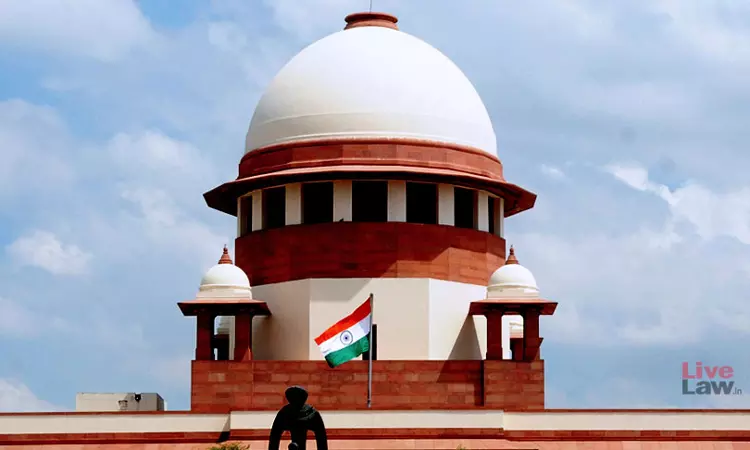Is New Bail Law Under Preparation? Supreme Court Asks Centre
LIVELAW NEWS NETWORK
23 Feb 2024 10:13 AM IST

Next Story
23 Feb 2024 10:13 AM IST
The Supreme Court has asked the Union of India to inform whether it is contemplating to introduce a new Bail Law as per the recommendation made by the Court in its 2022 judgment in Satender Kumar Antil v. Central Bureau of Investigation.A bench comprising Justices MM Sundresh and SVN Bhatti, while ascertaining compliance of the directions in Satender Kumar Antil, stated in its recent order...
